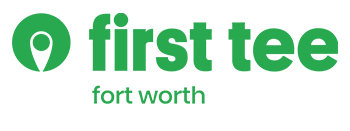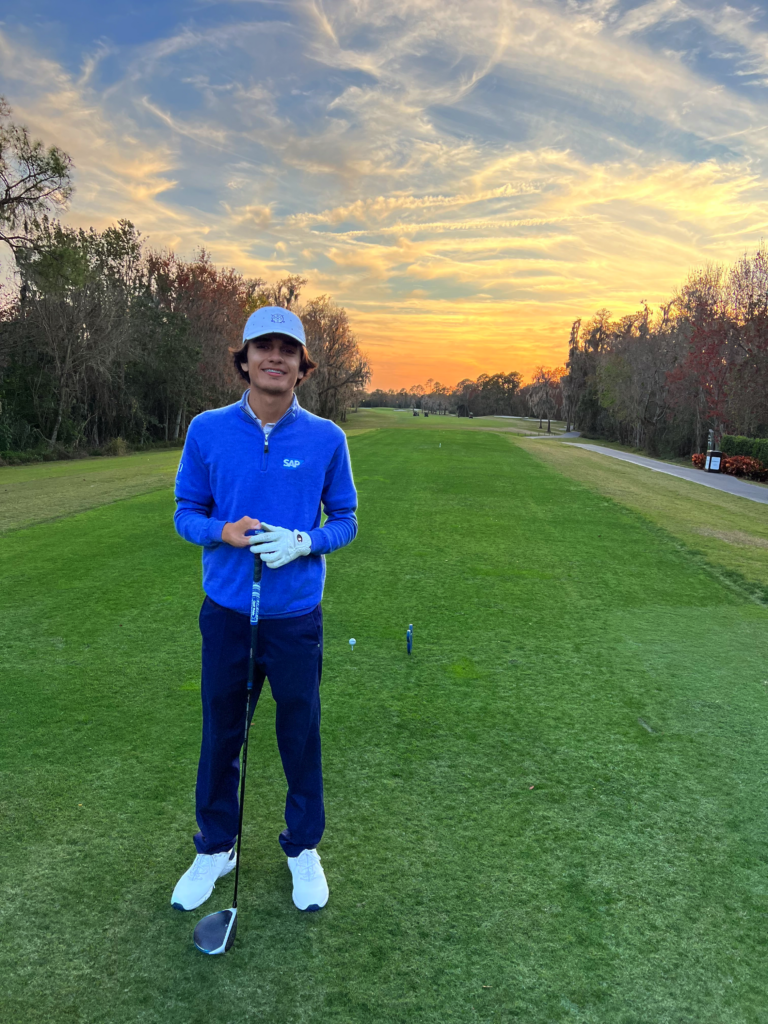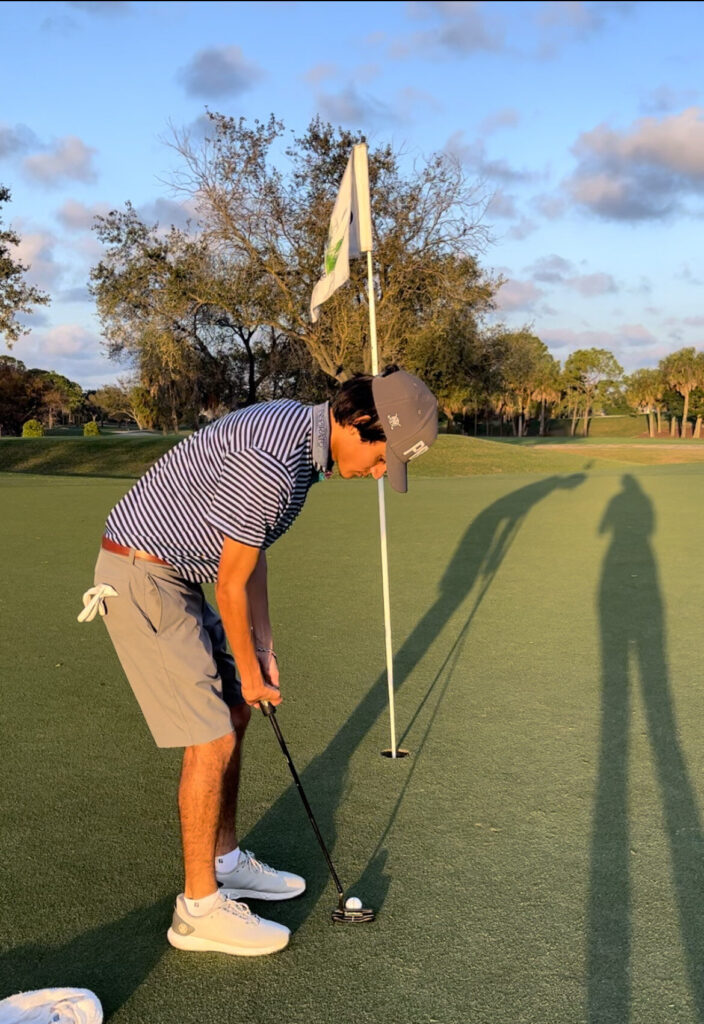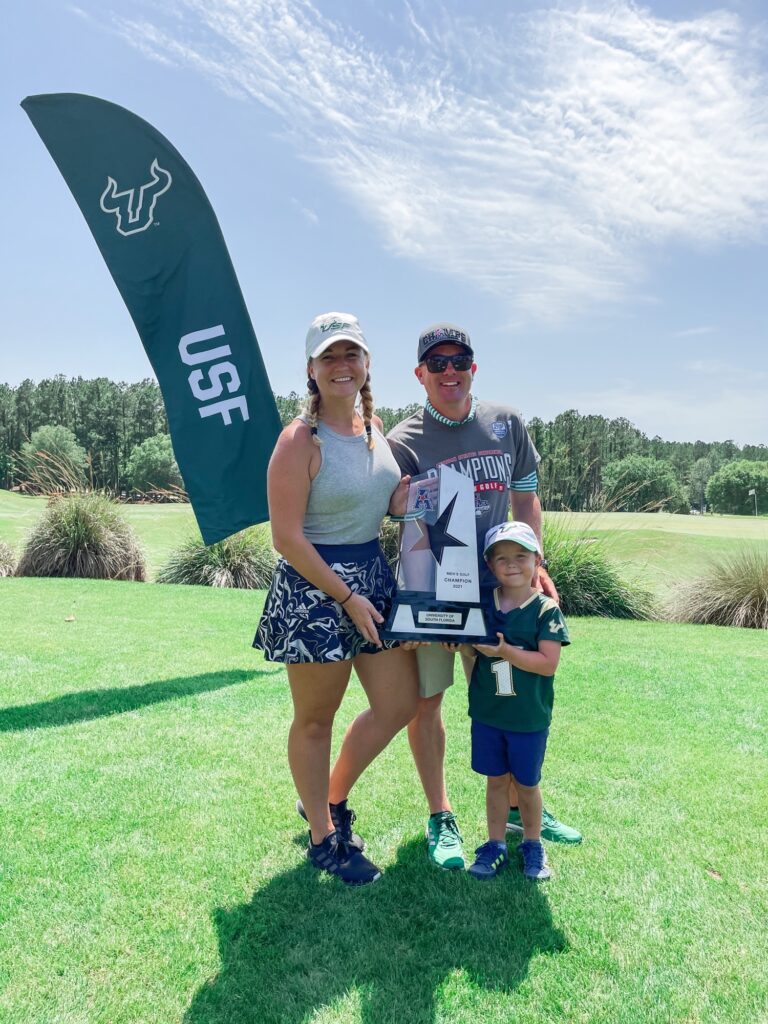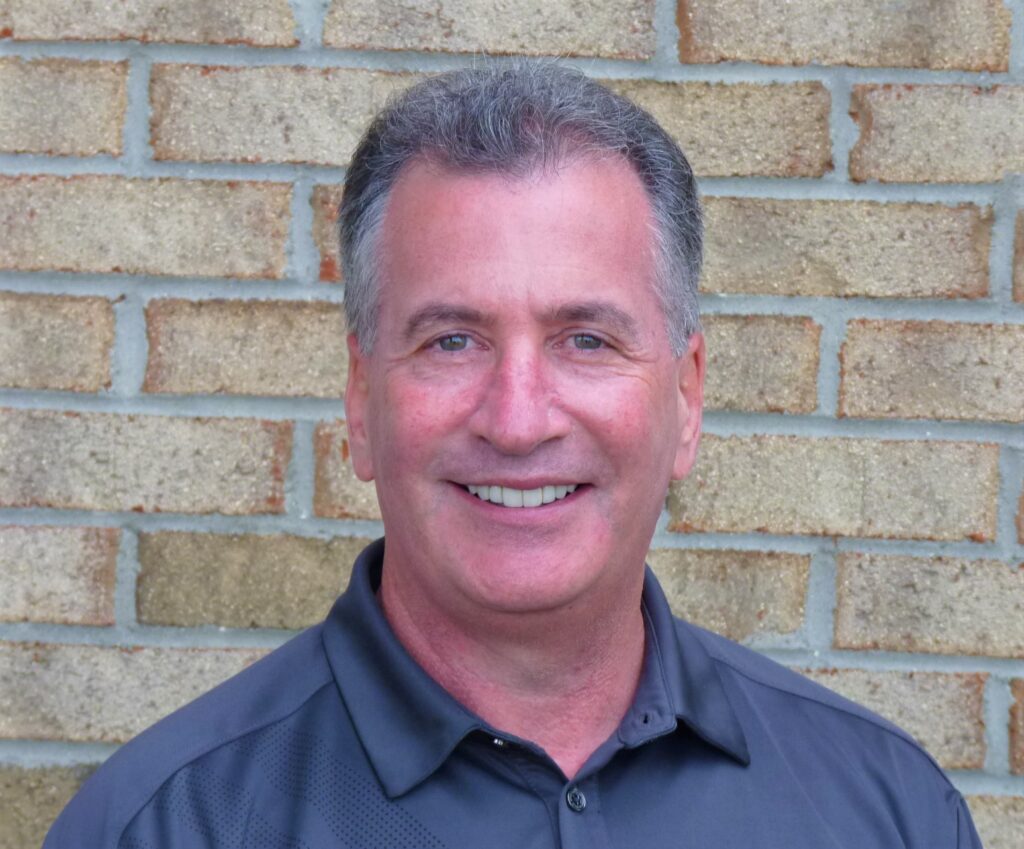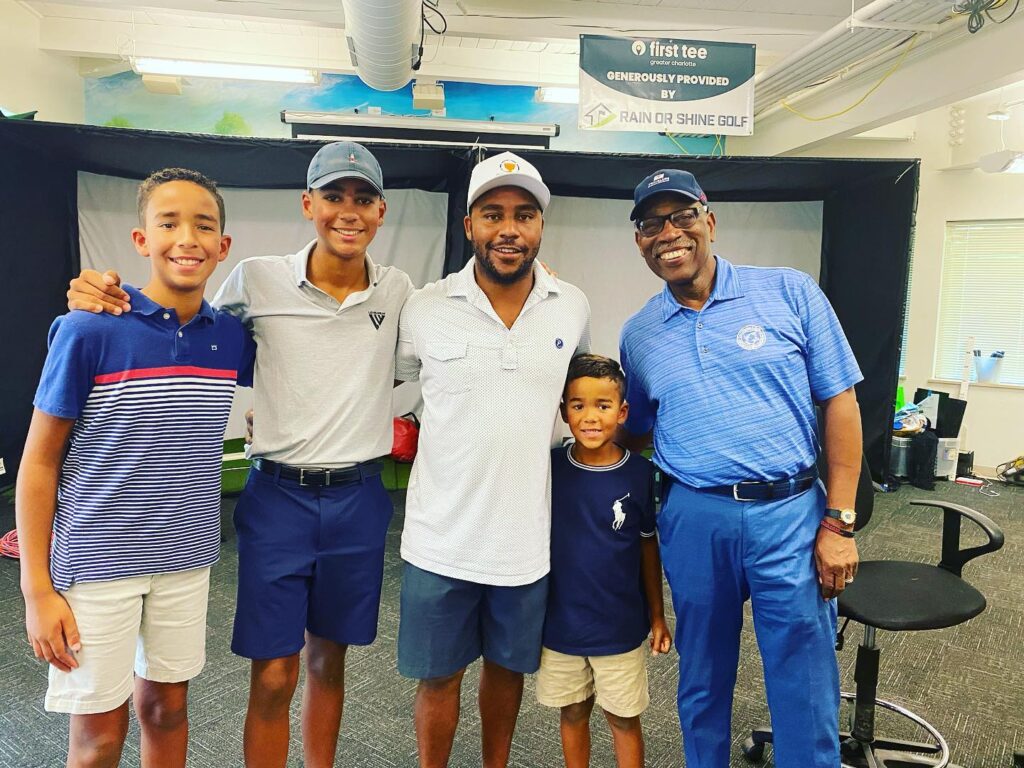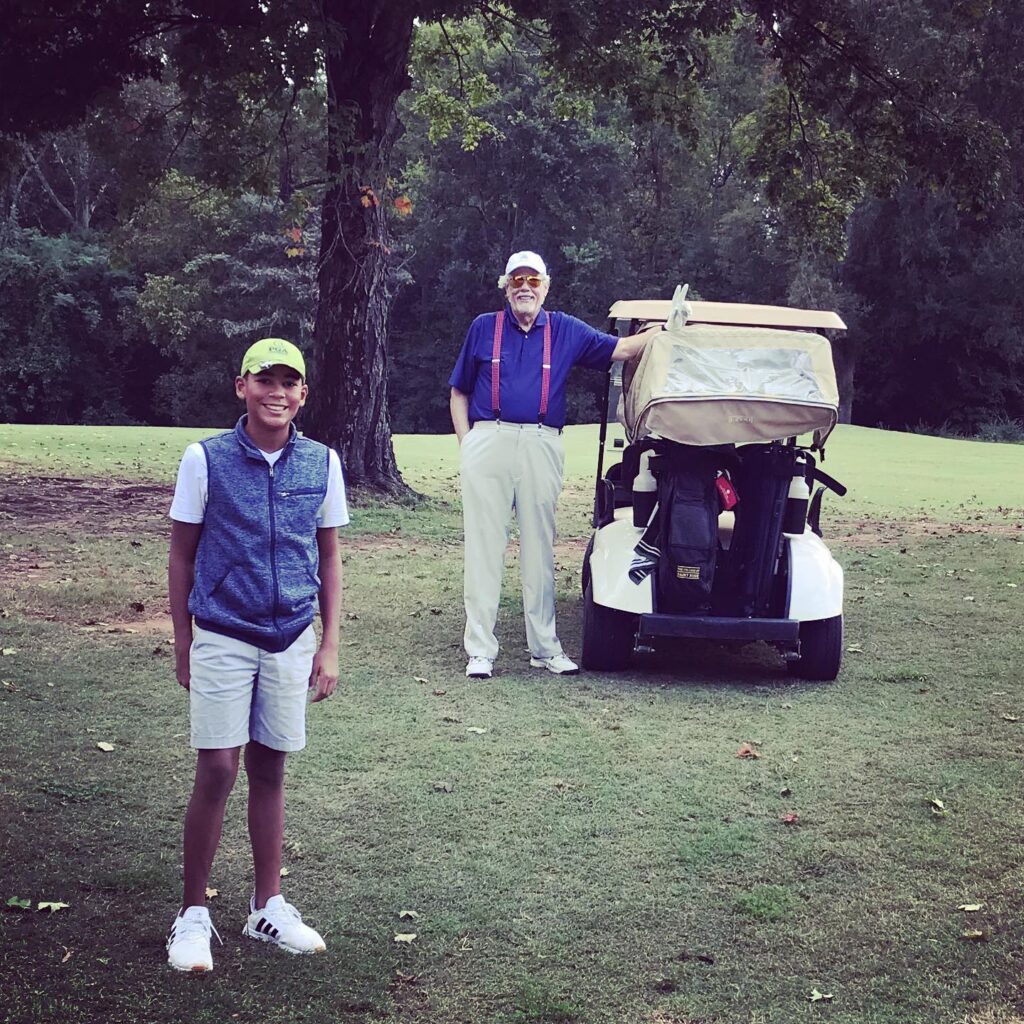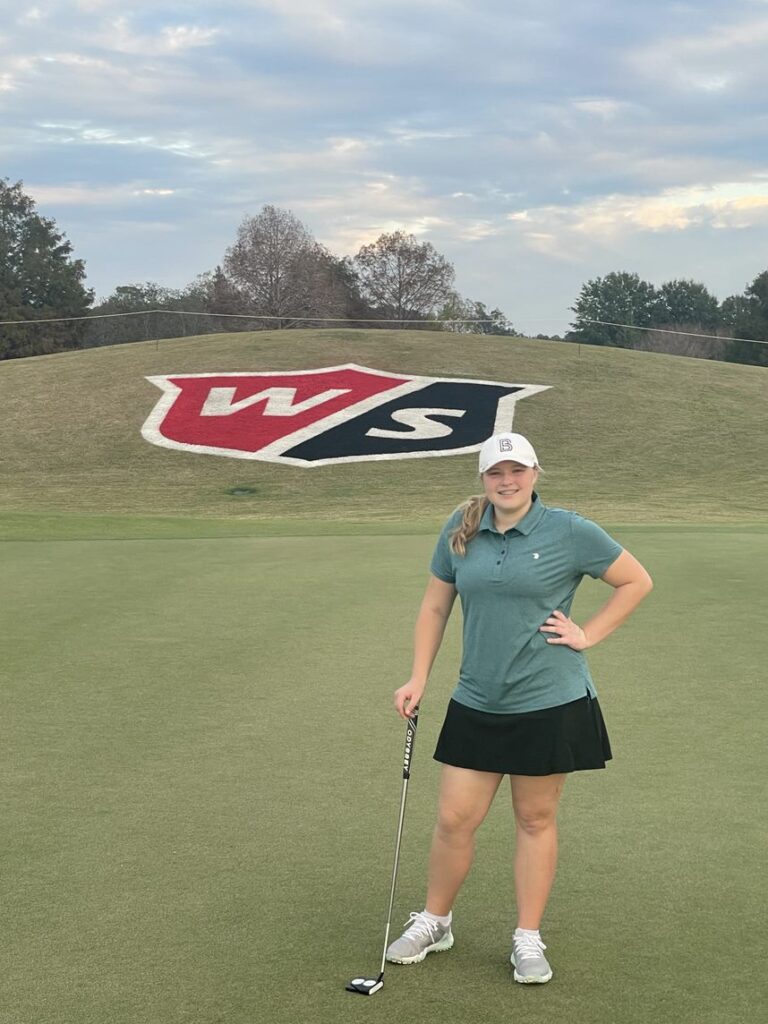
First Tee – Central Arkansas participant Isabella Curtis understands the importance of setting goals. The 14-year-old does it every year for school and sports. She aims to shoot even par in a golf tournament this year. Ultimately, she’d like to play college golf, she said.
Curtis, who also plays volleyball, has only been golfing for a few years. She took part in a First Tee summer camp after an older girl from her church recommended the program. “I really had no interest or experience in golf, but I thought, ‘This could be fun,’” Curtis said.
She loves the challenges that golf presents, she said. “I like anything with competition. We did a drive, chip and putt competition at the end, and it was fun,” Curtis said.
Her advice for new golfers: “Just have fun and don’t take a bad shot too seriously because the most important shot in golf is the next one.”
Curtis’ golf career has taken off quickly. She’s been named the South Central PGA Player of the Year for her age group and won dozens of tournaments.
“It’s kind of like the beginning of a book,” said her father, Jonathan Curtis. “The story at the beginning is so important, and we’re so grateful for the staff and volunteers at First Tee who make a really complex game one that’s fun for kids.”
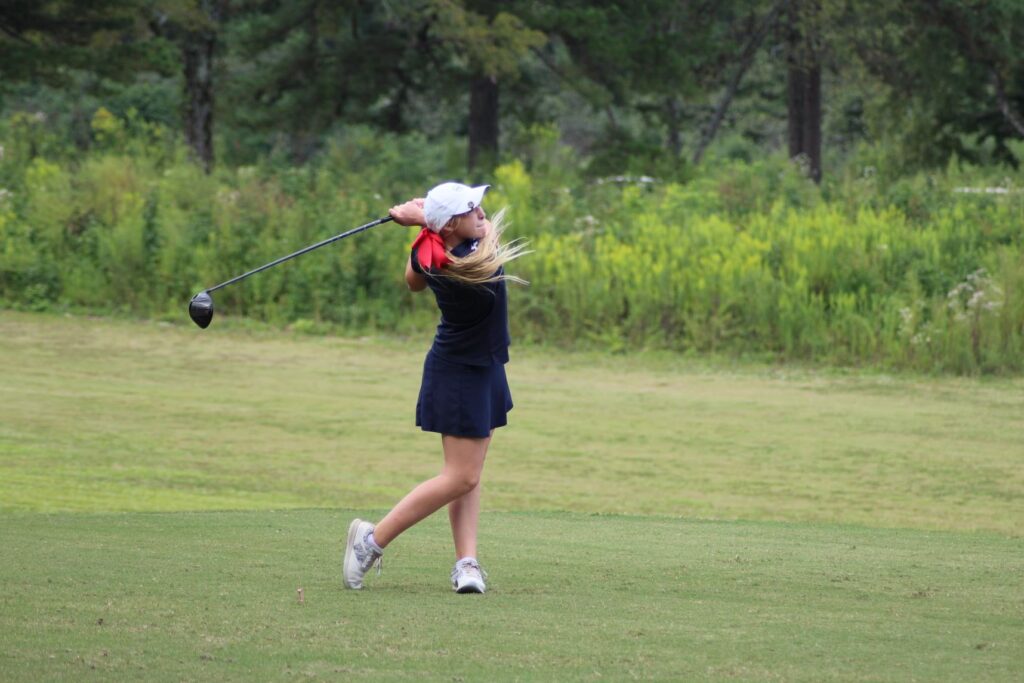
Curtis competed at the Notah Begay III Girls Golf National Championship in Louisiana last year, and she said she’s looking forward to seeing where else golf takes her – even if the sport wasn’t always on her radar.
“It has been a joy to watch Isabella grow not only into a competitive golfer but more importantly into a very impressive young lady,” said First Tee – Central Arkansas Executive Director Monica Blake. “Isabella first came to our chapter through our summer golf camps which provide the space to explore the game of golf while creating opportunities for personal growth. We take pride in knowing that First Tee is the place where Isabella developed her love and passion for the game.”
In addition to sports, Curtis also likes reading and volunteering with her church, where her dad is the pastor.
